My Sober Lens
One of the best parts about blogging is receiving the occasional free book.
I love to read. I think I feel about storing books the way most people feel about purchasing paper products in bulk—I’m a bit panicky if my next read isn’t on the shelf and ready for me when I need it.
But I’m also utilitarian. My wife bears with me as I convert our original doors to fit into the existing door frames and refinish the old door knob hardware. I think preserving solid wood doors is worth a little hitch in the closing—or even a sawed off edge or two.
I’ve spent the quarantine reading the antique books my wife uses for decoration. Most of these books belonged to my grandmother—the only grandparent I had a relationship with growing up.
For some reason I get the best kick out of enjoying things I never shopped for. This might have to do with my fear of shopping, a vague phobia of mine that includes a claustrophobic anxiety while browsing through aisles. It doesn’t matter which store it is.
So when a new book arrives in the mail—particularly one I did not shop for—I experience a unique euphoria.
On May 1st, I received Through A Sober Lens by Michael Blanchard. At first glance, it appears to be a coffee table book, filled with stunning photography. But, once opened, the reader sees it is filled with memorable and insightful anecdotes about getting sober. They’ve been serving as a morning meditation for me. And in lieu of having physical meetings to show up to, reading his words alongside the photographs has helped serve as a nice substitute. Similar to attending a meeting, the reader has to immerse himself in another point of view. And evidence of that view point is in the photograph itself. I’m not finished with the book. But just the title Through a Sober Lens, has been sticking with me recently.
“Is it lonely at the center of the universe?”
I am a bit distracted at the moment. I’m trying to recall which is greater—how often I have asked that question or how often that question has been asked of me. It’s a phrase thrown around to highlight when someone is in a place of extreme self-centeredness—extreme enough to think his own ego is the center of the universe.
Recovery requires a step outside of the self. In practice, the ego ceases to be the gravitational force in your life so desperate to pull things closer. The ego is something to examine and learn from. This can only be accomplished from a distance. So how do you detach from your ego?
I benefited from the gift of desperation. But I’m not convinced that losing the will to live is a requirement for an accurate self-appraisal. All it takes is, maybe, becoming sick and tired of feeling sick and tired, or, a willingness to live life differently. Whatever it takes, the ability to stop demanding the world bend to your will is absolutely liberating.
What is my sober lens?
How do I see things now that I am sober?
I’ve shared on the old blog here before what I believe the miracle of the mundane is. Sometimes it is easier to root out all of the things something isn’t, in order to discover what it is. I think of the scientific method here and the need for deductions in order to reach narrow conclusions. I’ve also compared it to sculpting—an art that stresses what is removed rather than what is added.
Here I go again.
Look, I can’t tell you what the miracle of the mundane is, people!
It is what is when everything else is removed. And what is is beautiful.
Take away the pain in your back, the crick in your neck. Take away the pout in your pride, the resentment in your memory. Take away the hitch in your giddyup and the itch in your fiend. Remove it all. What’s left? Beauty.
It is the sort of beauty that brings me to tears. The sort of beauty that eludes definition, for definitions require mental energy, and this sort of beauty cannot be thought of. It exists in that vast ante-nature of humanity. It is what came before, and what I believe is waiting for us all.
Of course, this lens of mine is not a pair of glasses.
I can’t just slip into them when I’m feeling blue. Or try it on to see if it is a good fit.
No.
What I can do is remind myself where I come from and where I am going. If I do that, then everything in between proves far less consequential than my mind makes it out to be.
And there are markers along the way.
For instance.
I spoke with my editing colleague at the paper about our process. The words, “I care more about getting it right than I do about being right,” came out of my mouth. No way I could have said that and meant it without recovery first teaching me that principles are more important than personalities.
Or take the farewell online class I had with my students.
We shared some things we’ve learned about ourselves throughout the year.
I shared with them that distance learning taught me why I teach in the first place. I don’t teach books so that students remember them. Not that I don’t care about the material, but there is something I care about more.
I care about them.
I teach to build relationships. If something is learned in the process, it will be a result of the relationship I first created with the student. Think back to your favorite teachers. I imagine you remember their personality better than the subject they taught. You likely remember how they taught more than what. That’s because relationships are the most important thing in the human experience.
In my opinion, that is.
So, what is my sober lens?
You.
You who are reading this. Whatever the extent our relationship has deepened as a result of your reading these words is the very purpose and meaning of existence.
Nothing mundane about it.
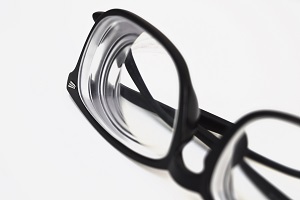
 Previous Post
Previous Post Next Post
Next Post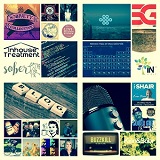
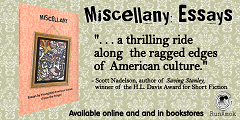
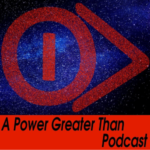

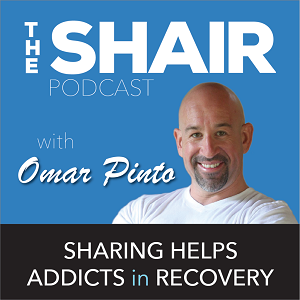
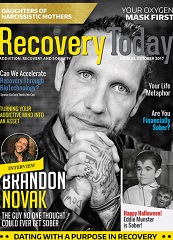
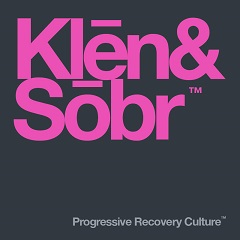
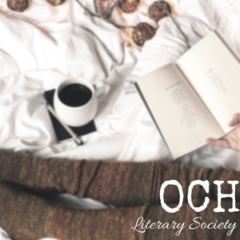
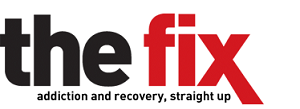

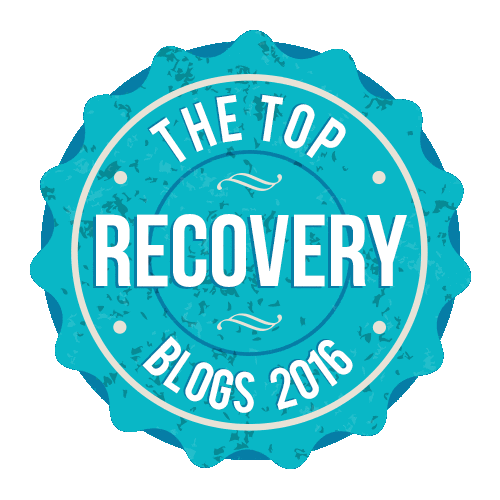
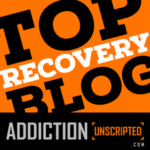
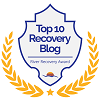
Beautiful and helpful. As always.
Hi Mark!
I loved this so. Started crying.
Thank you!
xo
Wendy
Remarkable. Simple. True.